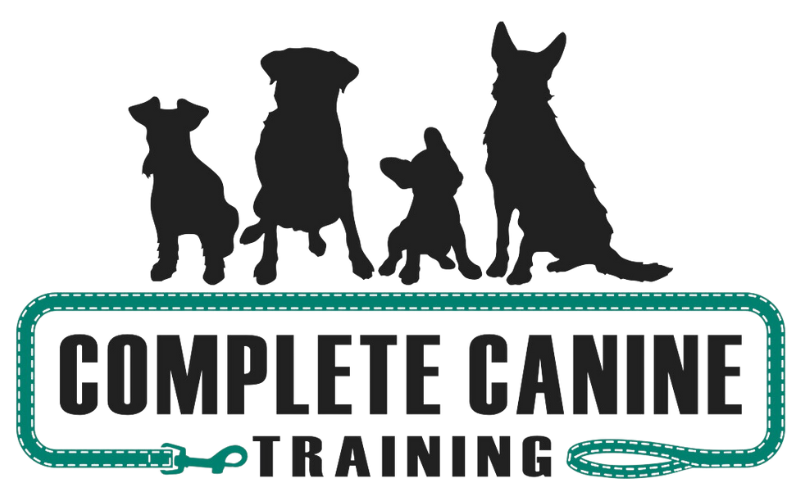Dogs can exhibit various behaviors that, to the untrained eye, might seem similar but stem from different underlying issues. Two such behaviors are reactivity and aggression. While both can be challenging for dog owners, understanding the difference between the two is crucial for effective management and training. In this blog post, we'll explore what reactivity and aggression are and how they differ.
What is Reactivity in Dogs?
Reactivity refers to a dog’s heightened response to certain stimuli. This can include other dogs, people, cars, or even sounds. A reactive dog might bark, lunge, or growl when exposed to these triggers. It's important to note that reactivity is often rooted in fear, frustration, or excitement.
Common Signs of Reactivity:
Barking and lunging at the sight of another dog or person
Excessive barking at noises or movements
Hypervigilance and an inability to calm down in the presence of triggers
What is Aggression in Dogs?
Aggression, on the other hand, is characterized by more intense behaviors with the intent to cause harm or assert dominance. Aggression can stem from various causes, including fear, territoriality, pain, or frustration. Unlike reactivity, aggression involves a deliberate attempt to bite, attack, or injure.
Common Signs of Aggression:
Growling, snarling, or snapping
Biting or attempting to bite
Stiff body posture and direct staring
Key Differences Between Reactivity and Aggression
Understanding the distinction between reactivity and aggression is vital for addressing these behaviors effectively. Here are some key differences:
Intent: Reactive behavior is often driven by fear or excitement, while aggression is driven by an intent to cause harm.
Intensity: Reactivity usually involves barking and lunging, whereas aggression includes biting and attacking.
Triggers: Reactive dogs are triggered by specific stimuli, while aggressive dogs might display harmful behaviors more broadly.
While reactivity and aggression in dogs can be challenging, understanding the differences between them is the first step towards effective management. With patience, consistency, and the right approach, you can help your dog overcome these behaviors and lead a happier, more balanced life. If you’re struggling with a reactive or aggressive dog, don’t hesitate to seek professional help. Proper training and behavior modification can make a significant difference in your dog’s behavior and your quality of life together.
If you're dealing with reactivity or aggression in your dog, let us know by contacting us today for expert guidance and personalized training plans.


